Apply Now: MSc Connected Environments (New for 2020)
1 May 2020
The MSc in Connected Environments is a new degree at CASA and focuses on the research challenges that relate to the infrastructure required to instrument our built and natural environments.
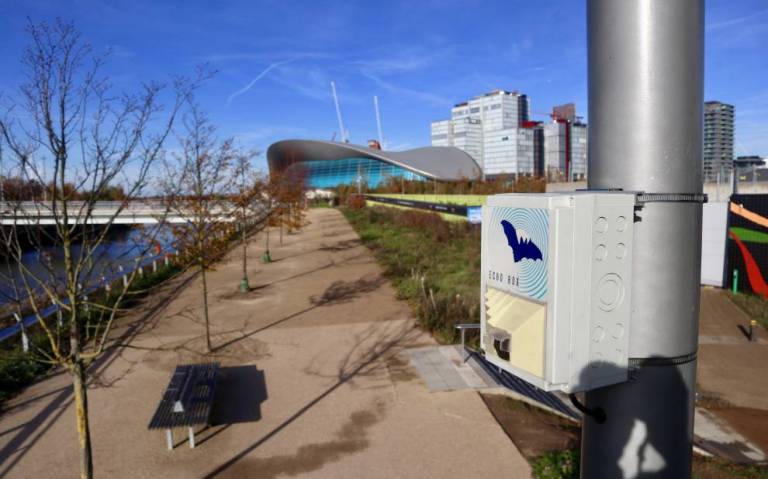
Initially run from Bloomsbury, the MSc will move to UCL East in 2022. The programme is being developed as part of the Future Living Institute and is heavily influenced by their making, living, originating, connecting academic themes.
The degree builds on the need for a set of skills in programming, data capture, visualization, and prototyping with stakeholders to support the analysis of complex systems. Our unique kinesthetic approach means that our research and teaching are delivered within a living lab environment. We believe in learning through doing, and have a focus on building and deploying physical prototypes. The course will enable students to enter the emerging market of the Internet of Things, Smart Cities, Future Living and Data Science.
Learn more at UCL Connected Environments
Register for The Bartlett Graduate Open Day (17 Feb 2020) to find out more
“Our ongoing collaboration with UCL on the Smart Park project at Queen Elizabeth Olympic Park will be greatly enhanced with the onset of this new course. We look forward to working with our close neighbours to ensure the living lab approach designed into the programme delivers a fantastic research and teaching platform for the East Bank development.
Jim Wood, Director of IT and Information Services, London Legacy Development Corporation
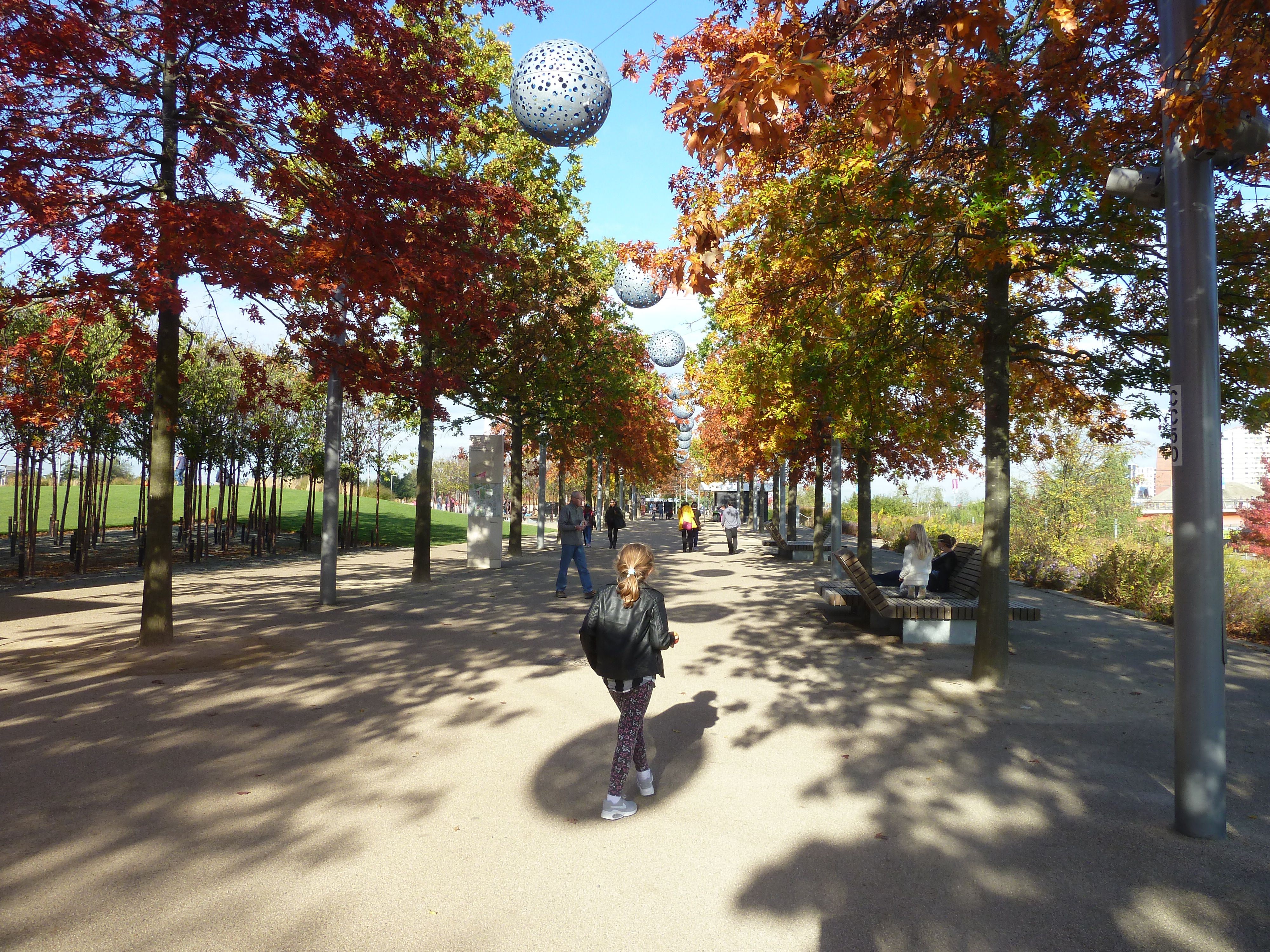 Learning through doing
Learning through doing
The first six months of the program are designed to cover all aspects of developing and deploying an internet of things system. Topics range from the sensing and communication technologies, to mobile apps and web backends through to stakeholder engagement and data visualisation. This content will be delivered through a series of hands on workshops, group challenges and project work.
In the second part of the program you will complete an individual practical project. This is your opportunity to develop your research and prototyping skills applied to the “living lab” environment at UCL East or through engaging with an industry partner.
Programme Outline
The programme is split into 8 key modules:
Connected Environments
Introduction to the “learn, build, critique” approach to be used throughout the course and the building blocks of creating a connected environment. At the end of this module we will have built our first shared ‘connected environment’ that you will curate throughout the programme.
Mobile Systems & Interactions
Gain exposure and understanding of what makes a good mobile application, and develop the skill set to design and build a mobile interfaces and applications.
Making, Designing & Building Connected Sensor Systems
Investigate what makes a good connected device, and develop the skill set to design and build an object that can be used to sense or actuate in the built or natural environment.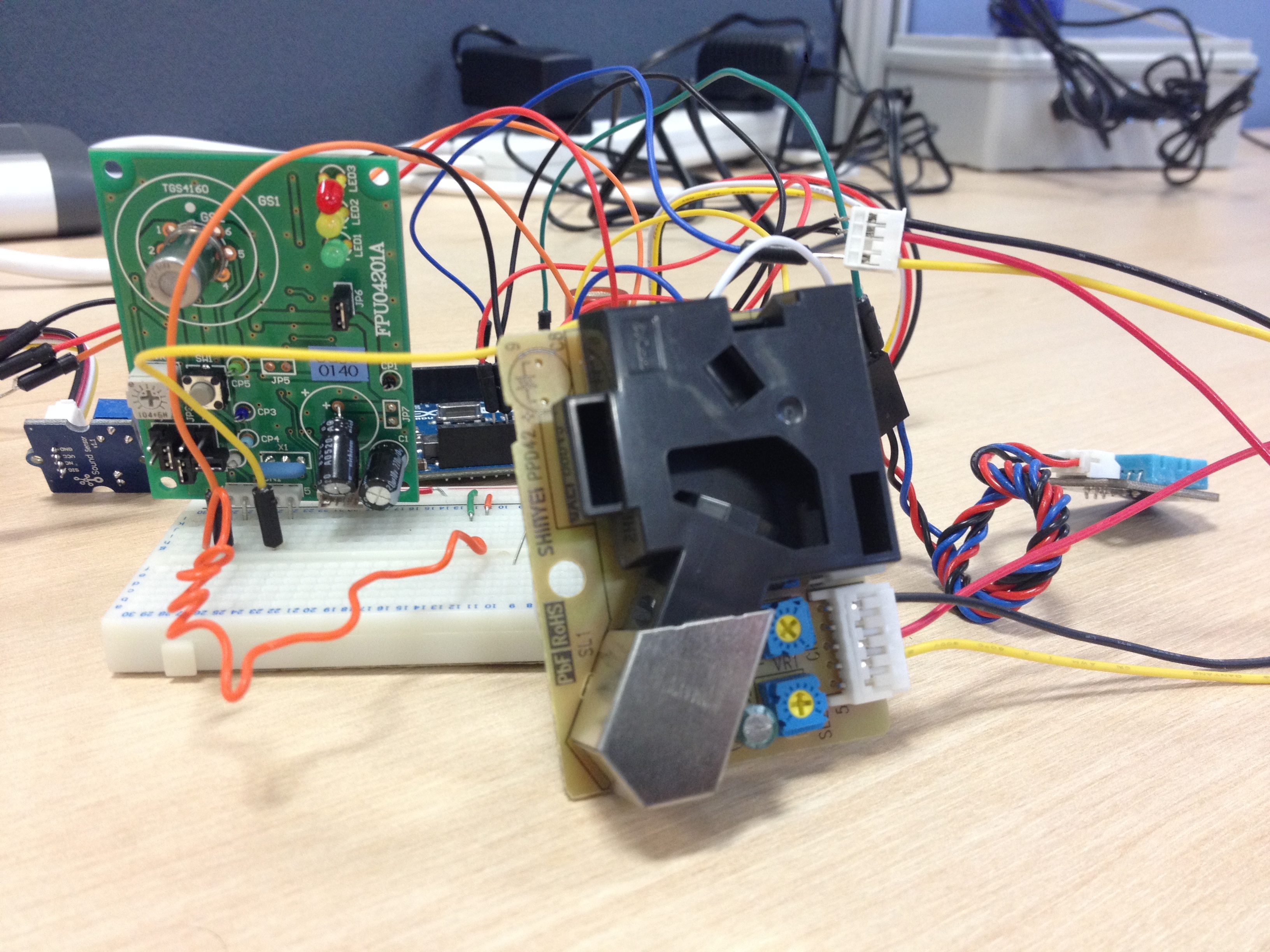
Web Architecture
Explore what makes a good web application, and develop a skill set to design and build web interfaces and applications that interact with the physical as well as the digital interfaces.
Deep Learning for Sensor Networks
An in-depth look at applying deep learning to sensor data (video, timeseries), and develop the skill set to design and implement deep learning systems for IoT devices.
Sensor Data Visualisation
You will learn core background concepts, leading to an understanding of data visualisation methods and leading to a practical build in Augmented / Virtual and /or Mixed Reality with real-time data.
Ethics, Sustainability and Business of the Internet of Things
Exploring the commercial landscape for deploying connected devices and to develop an understanding of the strategies required to successfully deliver connected environment services.
CE Group Prototype and Pitch
Working in a team to create a minimal viable prototype for a connected environment product or service in a short space of time. The goal is to develop the skills and strategic approaches to pitch an idea to an expert panel to get support for further investment.
Final Project/Dissertation
Define a problem and pursue your own research to solve it. This is an opportunity to put into practice the skills learned or refined through work on the taught course elements of the Master’s degree. You will identify a problem, prototype solutions, and share insights based on your research.
Motivation for the course
Our built environment can serve as an efficient means of living – culturally, interactively, and ecologically. Our natural environment reflects the ecosystems required to sustain life and encompasses the interaction of living species, weather, climate and natural resources. As with most complex systems, understanding the system is essential to facilitating their effective operation. The advance of digital technologies provides the instruments for observing and gaining insights into our environment. It also cannot be delivered in isolation of socio-political implications.
Those at the forefront of creating our connected environments are increasingly looking for solutions combining expertise in multiple business areas such as physical infrastructure, digital technology, spatial design, commercial business services, entrepreneurship and social service provision. Bringing together those disciplines the course will train students to create a new breed of interconnected devices and to think critically about the design and building of these devices.
The programme will focus on developing the skill sets digital practitioners require to deliver end to end solutions from stakeholder engagement to prototyping mobile apps and maintaining live sensor installations in the Queen Elizabeth Olympic Park to engaging with decision makers. This end to end approach to focus on learning through making and prototyping real-world solutions is critical to developing the transferable skill set which is employable in this emerging market place.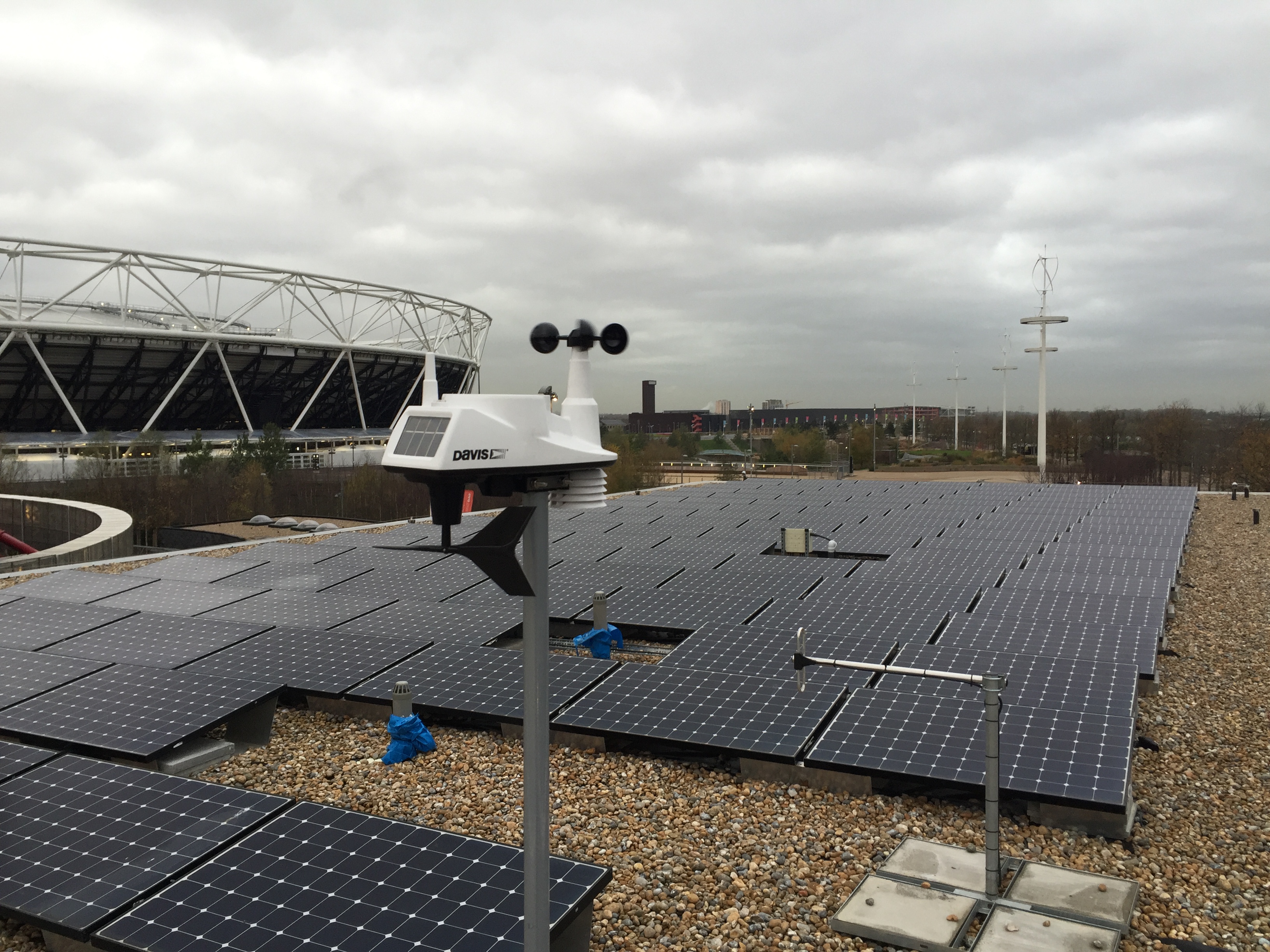
The course will draw upon and contribute to the ongoing development of shared infrastructure at UCL East, including the connected environment, and collaboration is ongoing with Nature Smart Cities (NSC) Lab, Robotic and Autonomous Systems and Global Disability Innovation Hub to develop shared and pathway modules together.
As a research led course, the degree also aims to provide a pathway for PhD level study within Connected Environments at the Future Living Institute.
Structure
The programme is focused on ‘learning by doing’ and will involve a mix of lectures, demonstrations, prototyping, project work and design crits. Course modules will be practice based and support a living lab research approach.
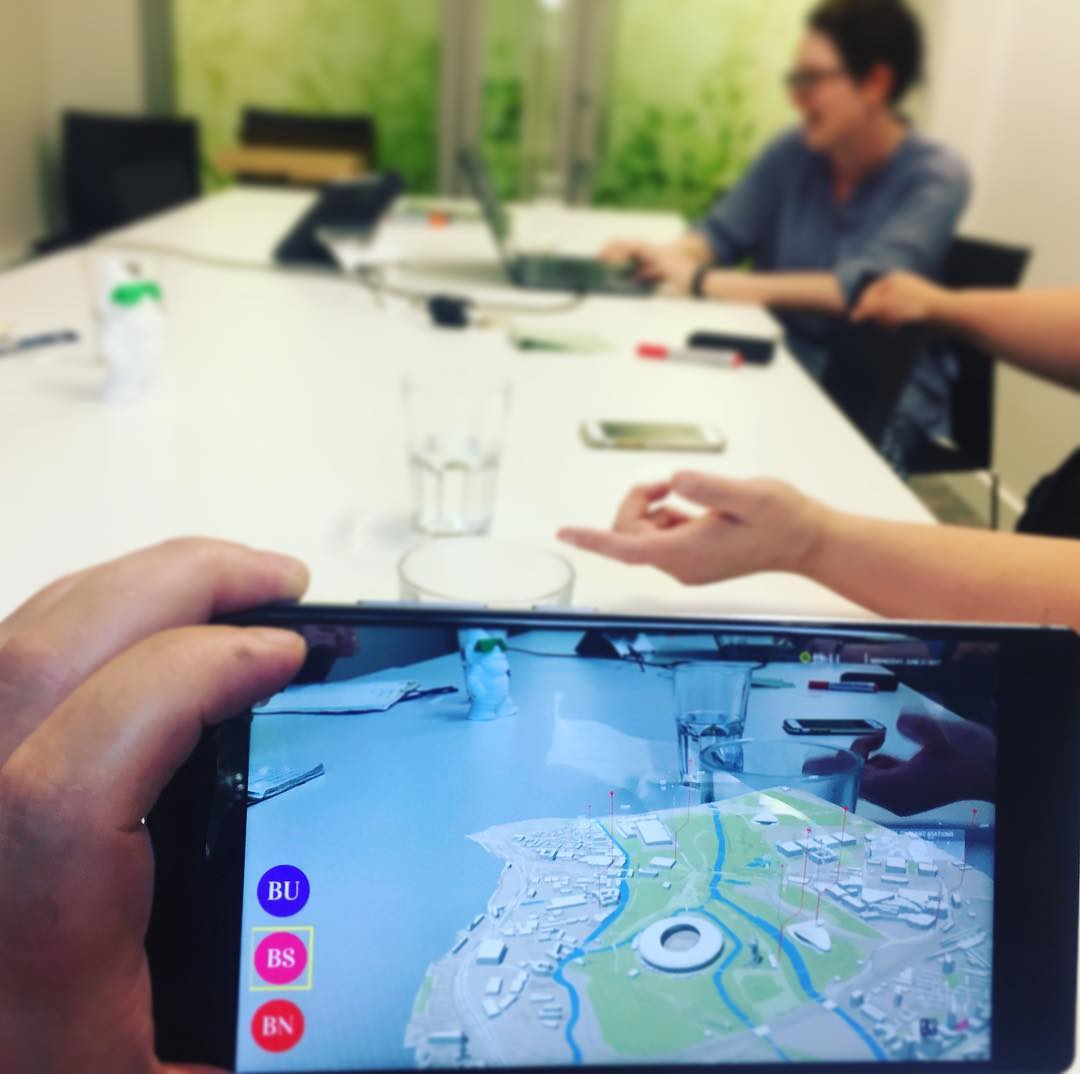
Term 1
Students will learn various techniques for prototyping connected devices. The Connected Environments module is weighted towards the start of term and will introduce students to the “learn, build, critique” approach to be used throughout the course. In combination all 4 modules will expose students to the building blocks of creating a connected environment and will establish a shared ‘connected environment’ that they will curate throughout the programme.
Term 2
Students will apply their learning in group work and develop deeper technical skills whilst also exploring the more theoretical social, political and economic challenges of connected environments.
Term 3
The term 3 dissertation/final project brings together learning from the prior modules into an individual piece of work.
Why choose The Bartlett?
We are:
- Located within the UK’s largest multidisciplinary faculty of the built environment, in one of the world’s top universities
- Based in central London, close to world-leading architectural, engineering and creative practices, many of whom are partners
- Host to students from over 40 nations, many of them among the most sought-after in the world for their drive, creativity, and skills
 Close
Close

